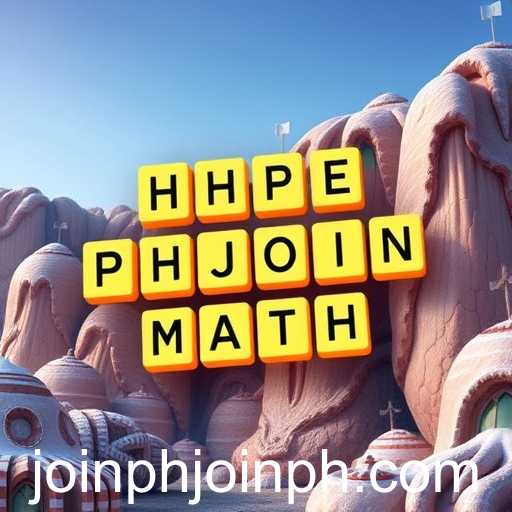As 2025 unfolds, the digital landscape continues its rapid evolution, with gaming platforms like 'phjoin' taking center stage. These platforms have not only become a favorite pastime but are increasingly influencing education and mental health globally.
The rise of gaming has transformed it from a niche interest into a dominant aspect of digital culture, engaging millions worldwide. 'Phjoin,' known for its dynamic gameplay and educational resources, exemplifies this trend, providing users with opportunities to learn while having fun. The platform's ability to blend entertainment with education has propelled it to the forefront of online gaming ecosystems this year.
Current global trends demonstrate a growing acceptance and recognition of gaming's potential to enhance learning. Educational institutions across various continents have started integrating platforms like 'phjoin' into their curriculum, recognizing their ability to engage students in critical thinking and problem-solving activities. This shift aligns with broader trends in educational technology, which emphasize interactive and immersive learning experiences.
However, the increasing prevalence of gaming raises crucial discussions about its impact on mental health. While gaming offers numerous cognitive benefits, concerns about addiction and screen time remain. We see organizations globally initiating mental health awareness campaigns to address these concerns while promoting balanced gaming habits. Leading mental health professionals suggest moderation as key, and some even advocate for using games therapeutically to support mental well-being.
The ongoing developments in online gaming also intersect with burgeoning technological advancements. Innovations in virtual reality and artificial intelligence are shaping the future of how we play and learn, potentially redefining the boundaries between virtual and real-world experiences. As 'phjoin' and similar platforms leverage these technologies, they offer glimpses into a future where gaming is intertwined with various aspects of life.
In conclusion, as 'phjoin' and other platforms gain traction, they represent more than just a shift in entertainment. They symbolize a broader change in how society interacts with technology, views education, and manages mental health. The question remains: how will platforms like 'phjoin' shape our world by the decade's end?








